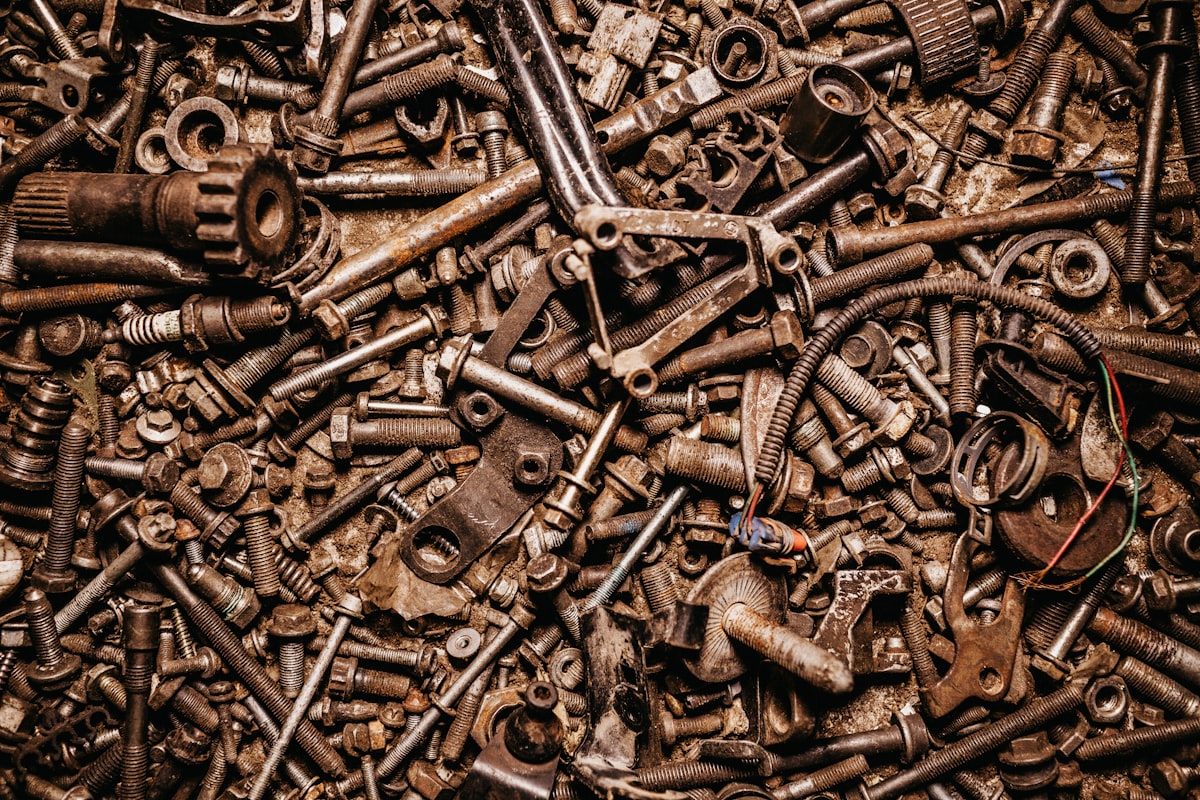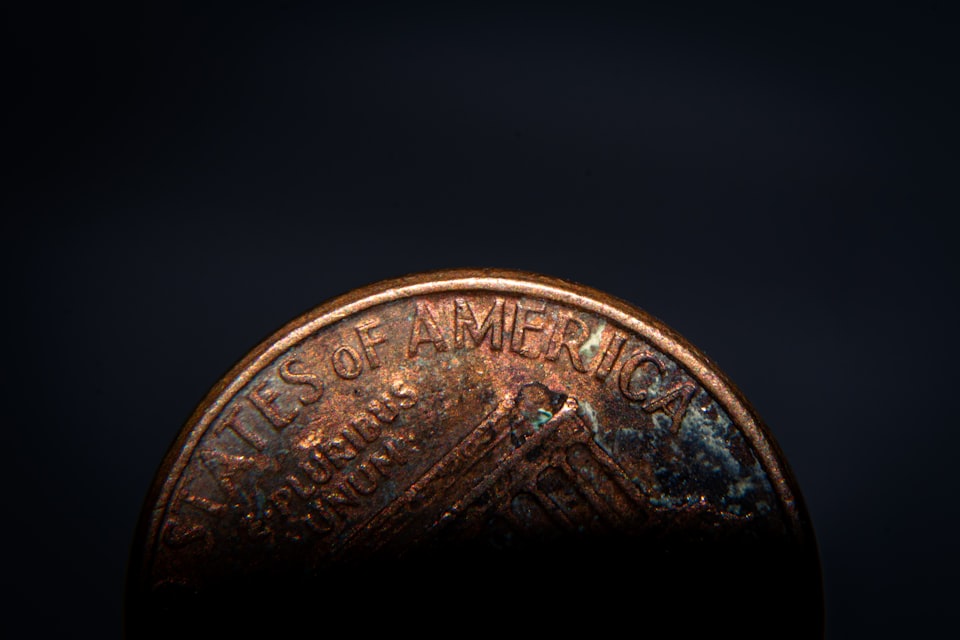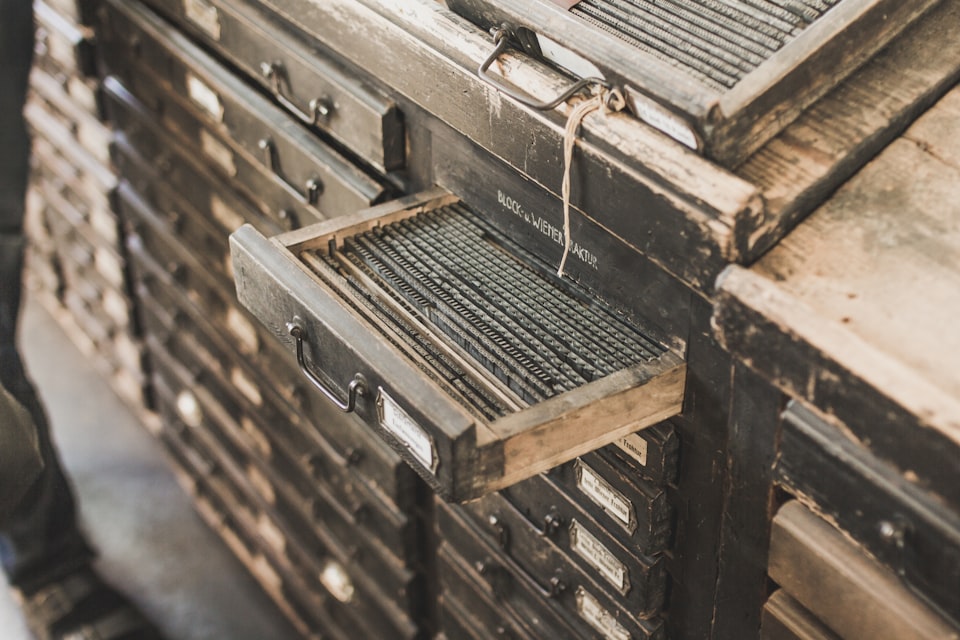III: Iron
The other great Chicago fire was caused by a bad iron.

Good morning. Today is tridi, the 23rd of Nivôse, Year CCXXXI. We celebrate le fer, a metal that makes things red when it touches the air.
Here's a story of when an iron failed and 602 people died.
It's 120 years ago in Chicago, and the city is exploding in size and struggling to keep up with its own metastatic growth. Anarchism and union agitation spread like wildfire through the working class while rapacious investors vie with organized criminals to control the vast rivers of money flowing through the city's ports and railways. There were many bloody confrontations between the haves and have nots in those days, but none was bloodier than the accident caused by a preponderance of neglect.
The Iriquois Theater debuted 10 years before the Titanic set sail, but in many ways was a precursor of things to come. Enormous and beautiful, the theater was built outside the district where most of the city's playhouses resided, closer to the shopping and increased police presence of the Loop – Randolph between State and Dearborn, for those who know their Chicago grid. Built in the midst of labor strikes and under tremendous pressure from a mysterious syndicate to get up and running, the goal of the Iriquois was to serve women and families who otherwise didn't feel safe wandering into the main theater district.
They were successful in this endeavor, packing the 1,600-seat theater with more than 2,000 patrons for a matinee presentation of Bluebeard, a French farce, just one month after opening. The playbill advertised the theater as "Absolutely Fireproof." In the way of these kinds of disaster, fire came anyway, destroying the interior and more than a quarter of the patrons, on the 9th of Nivôse, Year CXII (December 30, 1903).



